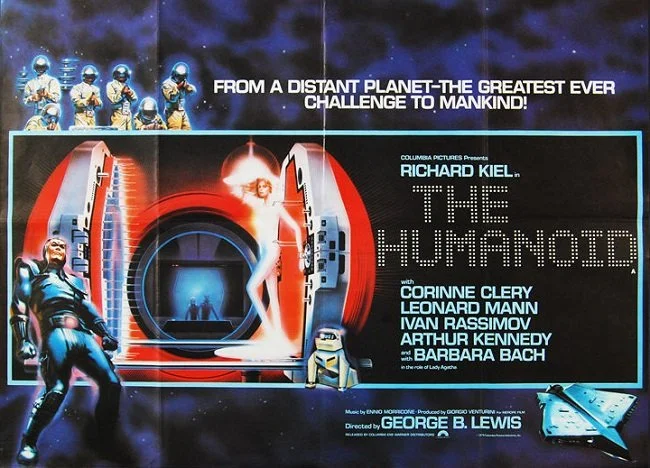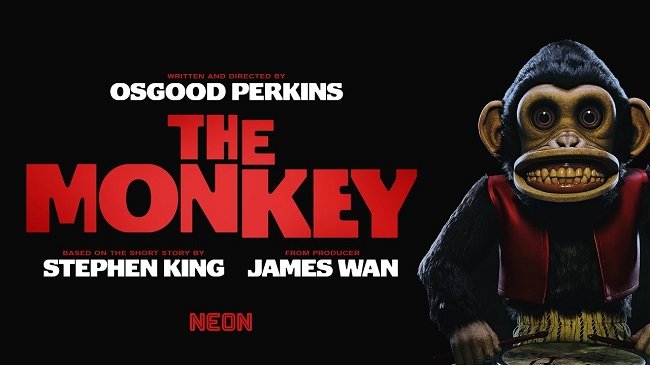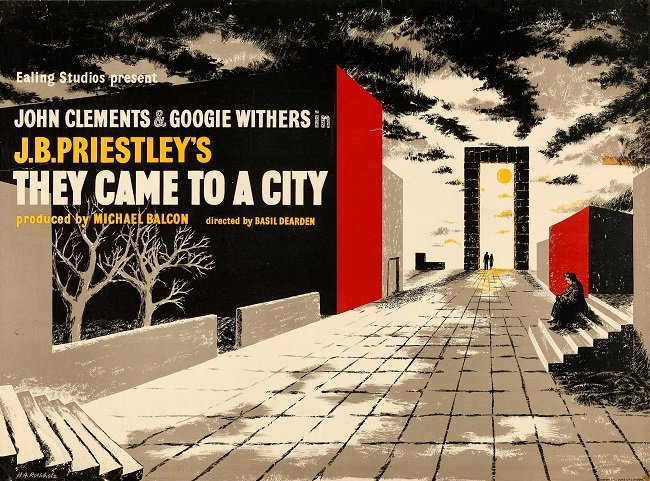Catch Us If You Can (1965)
Catch Us If You Can is a very curious cinematic vehicle for the popular sixties band, The Dave Clark Five. At first glance, especially during the opening credits, it comes across as a zany comedy in a similar idiom to The Beatles’ A Hards Days Night. However, within 15 minutes the plot takes an unexpected turn and the film becomes a rather well observed analysis of sixties youth marketing and the perennial subject of “the price of fame”. The songs are not played by the band on screen but are instead just part of the overall musical soundtrack. It’s a very different approach but that seems to be the defining quality of the film. It is not as expected, which is both its primary virtue and its main failing. The fact that this film was released under the title of Having a Wild Weekend just makes things more confusing. It is certainly not for everyone but that can be said about many of the films directed by John Boorman. Catch Us If You Can marks his cinematic debut.
A group of London stuntmen are contracted to work for an advertising agency that is shooting a commercial for the Meat Industry at Smithfield market. Steve (Dave Clark) finds the arthouse approach to the filming tiresome and after a take, decides to drive off in an E-type Jaguar that is being used for the shoot. The actress and model starring in the commercial, Dinah (Barbara Ferris), decides to come with him in defiance of her mentor, the advertising executive Leon Zissell (David de Keyser), The two go searching for some meaning to their lives. Steve seeks out his mentor Louie who trained him in Judo when he was a youth. Dinah wants to go to a deserted resort island off the coast of Devon. Meanwhile, Zissell sees an opportunity to turn their impromptu excursion into a major publicity stunt and claims Dinah has been kidnapped. Steve’s friends attempt to keep Zissell’s henchmen and publicity machine away from the couple while they make their journey.
Over the course of an hour and a half, the story veers from the superficial to philosophical self examination. This ranges from scuba diving in a London open air pool, to debating counterculture with a group of hippies living in a Ministry of Defence village. There are times when you ponder whether you should be laughing at events and dialogue, or whether it is all in earnest. I can’t help but think it’s the latter and that Boorman was trying to give audiences something different. A critique of the very culture they consumed and were part of. Hardly surprising when you realise that the screenplay is by the playwright Peter Nichols. The ending of the film is rather poignant but also somewhat bleak. Those expecting the traditional boy meets girl, boy gets girl narrative will need to look elsewhere. This is more of a case of girl leaves boy, for older controlling man because they’re locked in a strange interdependent, symbiotic relationship.
Another noteworthy point is that this film isn’t scared to fly in the face of the squeaky clean image that the Beatles perpetuated in their feature films. It touches upon drugs, although the lead character doesn’t use them and there’s an undercurrent of unrequited love. There’s a curious vignette where Dinah and Steve meet an eccentric married couple played by Robin Bailey and the marvellous Yootha Joyce. There is a strong element of concealed passion as they flirt with their young counterparts. Is it sexual or is it a longing for youth and its accompanying optimism. Again the dialogue takes an existential turn as the cast reflect upon the nature of hope. “The young are callously hopeful. I’m Not. Then you should be, to set us an example”. These subtle adult themes appear not to have escaped the notice of the contemporary ratings board. Hence the current UK re-release of the film is rated 12 by the BBFC.
Setting aside the rather bespoke nature of the film the essential question one inevitably has to ask is does it work? Yes it does within the confines of its remit but it makes for ponderous viewing. I’m not sure that fans of The Dave Clark Five expected or wanted a film of this nature. It’s not unreasonable to assume that they wanted a wacky comedy in the idiom of Help, where the band play exaggerated and witty versions of themselves. Instead they got a drama about a group of stuntmen, a possessive advertising executive and an oppressed model. Dave Clark is filled with existential angst and is brooding but it hardly makes him a compelling lead. The rest of the band make sardonic quips but have far less screen time. However, sixties cinema was open to experimentation and Catch Us If You Can is certainly a horse of a different colour. It wrong foots viewer expectations in the same way Mrs. Brown You’ve Got a Lovely Daughter does.




























